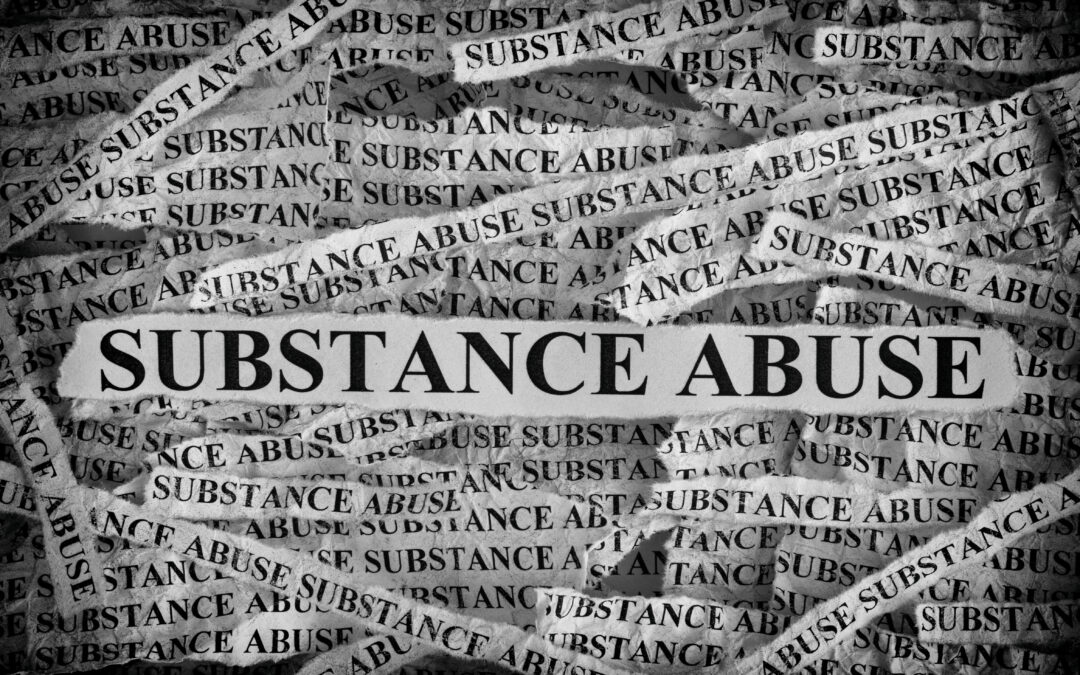If an alcoholic is unwilling to get help, what can you do about it?
This can be a challenge. An alcoholic can’t be forced to get help except under certain circumstances, such as a traffic violation or arrest that results in court-ordered treatment or perhaps even a pandemic. Not even the threat of organ failure or death will stop and alcoholic. But you don’t have to wait for someone to “hit rock bottom” to act. Many alcoholism treatments specialists suggest the following steps to help an alcoholic get treatment.
*ADMIT YOU ARE AN ALCOHOLIC.
*STOP ALL “COVER-UPS.” Family members often make excuses to others or try to protect the alcoholic from the results of his or her drinking. It is important to stop covering for the alcoholic so that he or she experiences the full consequences of the booze they are drinking. Stop sharing alcohol with youth or supporting the alcoholic in your family or house hold.
*TIME YOUR INTERVENTION. Choose a time when he or she is sober, all of you are fairly calm, and you have a chance to talk in private.
*BE SPECIFIC. Tell the family member that you are worried about his or her drinking. Use examples of the ways in which the drinking has caused problems, including the most recent incident. Don’t put youth and elders at risk because of your alcoholism.
*STATE THE RESULTS. Explain that you need to protect yourself from his or her alcohol problem. Don’t says anything you are not prepared to carry out.
GET HELP. If there is time to drink then there is time to start with A/A meetings and recovery. Do something positive for yourself.
Alcoholics have an uncontrollable need for alcohol. Most alcoholics can’t just “use a little willpower” to stop drinking. The alcoholic is frequently in the grip of a powerful craving for alcohol both from physical and social addictions, being unable to function with out the altering support of alcohol. This need can feel as strong as the need for food or water. While some people are able to recover without help, the majority of alcoholics need outside assistance from the disease. Yet, with support and treatment, many are able to stop drinking and reclaim their lives.
First you must admit to your self that you are and alcoholic. Look inside and see what causes you to crave the alcohol. Make a commitment to yourself to be that better person. Just think about how much money you spend on the alcohol and on the picking up or delivery of the booze. Those funds could go towards the support of your families or other activities. You don’t need to drink to fish. Challenge yourself to STOP.
*SAFE LEVELS OF DRINKING. Two drinks per day for men one drink per day for women. One drink equals one 12 oz. bottle of beer or wine cooler, one 4 oz. glass of wine, or 1 oz. of 100 proof distilled spirits.
Or if you do drink STOP.
Blaine Stensgaard
NNADAP, Kitsumkalum Health

